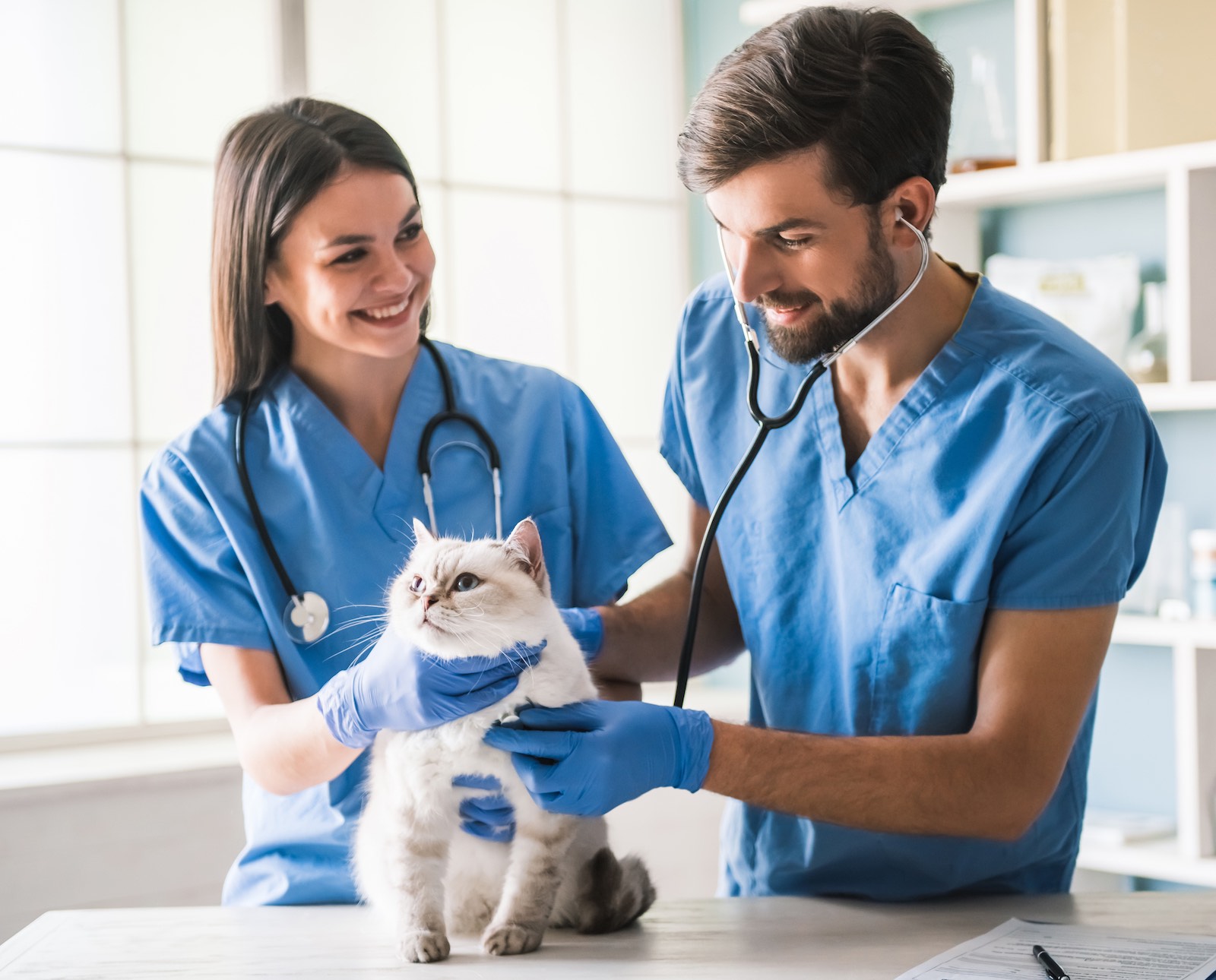Regular veterinary check-ups are essential for maintaining the health and well-being of our beloved pets. These visits help prevent potential health issues and allow early detection and treatment. Understanding what to expect during a vet visit can empower pet owners to participate actively in caring for their furry friends.
Here’s a comprehensive guide to the key elements of a pet health checklist during a vet visit at a vet clinic Riverside CA:
Table of Contents
Preparing for the Visit
Before heading to the vet, gather relevant information about your pet’s medical history, including vaccination records, previous illnesses, and any medications they may be taking. List any concerns or changes in behavior you’ve observed in your pet. Being prepared ensures that your veterinarian understands your pet’s health comprehensively.
Physical Examination:
The cornerstone of a veterinary check-up is a thorough physical examination. SoCal K9 Clinic will assess your pet’s overall health by examining their eyes, ears, nose, mouth, skin, coat, and body condition. This examination helps identify abnormalities, potential health issues, or changes in your pet’s physical well-being.
Vaccinations:
Keeping your pet up-to-date on vaccinations is crucial for preventing various diseases. Your veterinarian will review your pet’s vaccination history and recommend any necessary booster shots or updates. Vaccinations are tailored to your pet’s species, age, lifestyle, and local disease prevalence.
Parasite Prevention and Control:
Parasites such as fleas, ticks, worms, and mites can threaten your pet’s health. Your vet will discuss and recommend preventive measures, such as flea and tick treatments, deworming medications, and heartworm prevention, based on your pet’s needs and lifestyle.
Nutrition and Weight Management:
A well-balanced diet is vital for your pet’s health. Your veterinarian will assess your pet’s diet, discuss their nutritional needs, and offer guidance on appropriate feeding habits. Weight management is also addressed, as maintaining a healthy weight is crucial in preventing various health issues.
Dental Care:
Oral health is often overlooked but is a significant aspect of overall well-being. Your vet will examine your pet’s teeth and gums, discuss dental care practices, and recommend professional dental cleanings if necessary. Good oral hygiene contributes to a healthier and happier pet.
Behavioral Assessment:
Changes in behavior can be indicative of underlying health issues or emotional stress. Your vet will inquire about your pet’s behavior and address any concerns you may have. Behavioral assessments help identify issues early and improve your pet’s mental and emotional well-being.
Laboratory Tests:
Sometimes, your veterinarian may recommend laboratory tests, such as blood work, urinalysis, or imaging, to get a more in-depth look at your pet’s health. These tests can aid in the early detection of diseases and provide valuable insights into your pet’s overall condition.
Grooming and Coat Care:
Your vet will examine your pet’s coat and skin, checking for signs of allergies, infections, or external parasites. They may advise grooming practices and recommend specific products for maintaining your pet’s coat and skin health.
In conclusion, a thorough vet visit is a collaborative effort between pet owners and veterinarians to ensure the best possible care for our furry companions. By actively participating in the process and staying informed, pet owners can contribute to their pet’s long and healthy life. Regular veterinary check-ups are an investment in the well-being of our pets, providing preventive care and early intervention to keep them happy and thriving.

